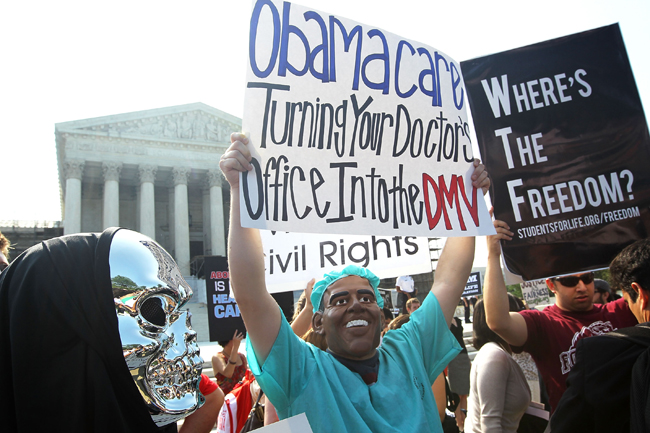These two articles are more to get an idea of the history of
healthcare. I think these will be helpful because I always think history is an
important part of how a lot of things develop, especially something as big as
this healthcare act.
From what I got out of this article; in the early 1900’s a
thought process came about to try and help sick people all over the U.S. The need to take care of sick people was on
the rise and this article is basically describing how the different health care
plans came about. In the early 1900’s medical professions came up with plans to
help and accept different amounts of money from people of different incomes. It
was a plan for doctor’s to choose who to accept and what types of insurance
they could accept. Caring for so many people seemed like a good idea for people
to be insured. Government plans have been thought up of before in the past, but
the government wasn’t paying enough of what they said to medical professionals.
That’s why the individual plans were such a hit. “Very low payments to primary
care doctors by Medicaid in many states, which discourage doctors from treating
Medicaid patients, will rise to match Medicare payments in 2014, again funded
by federal money” (Light 129). Another interesting quote towards prescription
drugs, “too many forget that in 1989, Congress repealed a major reform of
Medicare it has passed in 1988 that covered prescription drugs and reduced
co-payments for hospital and physician care, because of a backlash by those who
would have to pay for it” (Rice, Desmond, and Gabel).
Donald W Light. “Historical and comparative reflections on
the U.S. national health insurance reforms.” Social Science & Medicine 72 (20110: 129-132. Print
This second article has pros and cons of different types of
scenarios in health care ranging from the people, different health care
providers including medical professionals as well. The first scenario talks
about the pro side. It’s saying health
care is a right and should be accessed to everyone. “It is society’s obligation
to provide health care for all” (Pariser 151). The great thing about it is
everyone will be eligible for health insurance and everyone has an equal chance
of getting the healthcare they think they need. The con side of this is, is if
you look back in history, healthcare was never part of the declaration. “The
Declaration of Independence of the United States of America enumerates the
right to life, liberty, and the pursuit of happiness” (Pariser 152). If people
read the history of their own country they would see healthcare isn’t even
mentioned anywhere as being a right or a have to have. It’s a privilege.
David M. Pariser, MD. “Ethical considerations in health care
reform: Pros and cons of the affordable care act.” Clinics in Dermatology
(2012) 30, 151-155. Print.
